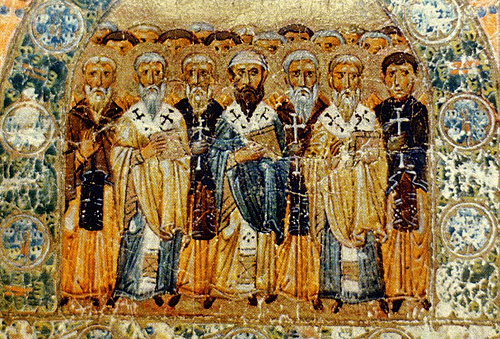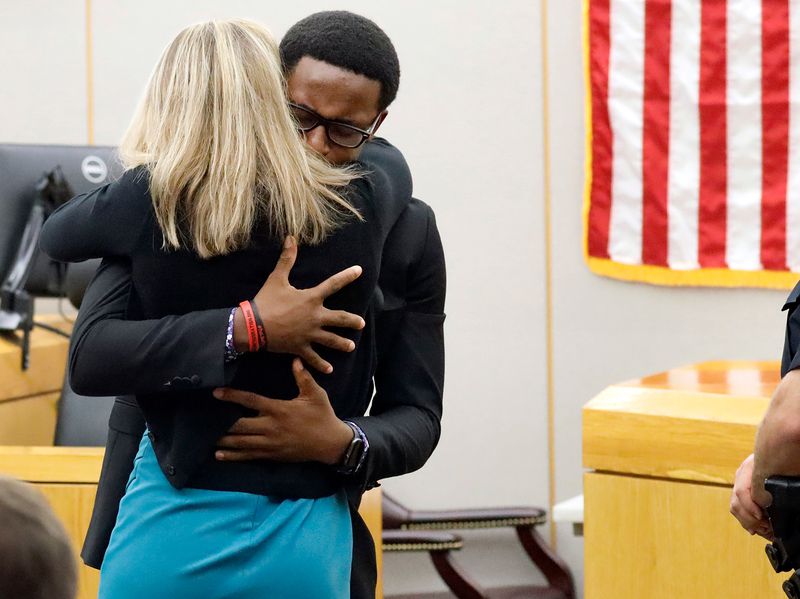I watched a Youtube video this morning of piranhas in a home aquarium. The owner feeds them by dropping a chub into the water. For five minutes the piranhas take turns calmly nipping at the fish. On minute six, sensing the chub is wounded, the piranhas attack in mass. Thirty seconds later all that is left of the chub: head, backbone and gills grotesquely still trying to breathe, settles to the bottom of the tank as the piranhas go back to peacefully flitting about. I couldn’t help but think of our current culture. It took about three weeks of lockdown last summer before we began feeding on one another – hyper-networked, political, quasi-religious, self-righteous piranhas in frenzy each time a new hot button issue appeared in the water.
The price for acceptance by the social media powered activist piranhas is the wholesale adoption of their particular hashtag agenda. People administer purity tests with the fury of a Spanish inquisitor: did you vote for the right candidate? Did you surround your profile pic with the correct virtue signal? Both the Right and the Left “cancel” dissent with a religious fervor. Caveat emptor: if you dare not conform to the standard there is no redemption, no atonement, no path to forgiveness. There is only the swarming of the school as the voices of vitriol catechize us to despise the non-endorsers.
Australian pastor and moderate-right social observer, Mark Sayers recently discussed (Rebuilders podcast) that while we were once polarized Right vs Left, increasingly we are divided into a plethora of competing hashtag virtue camps. We measure ourselves by the number of “friends” on impersonal social networks and seek the validation of their “likes” – trapped in the online equivalent of Sally Fields 1985 Oscar speech, “You like me!”
As Peggy Noonan reminded us in the Wall Street Journal last week, while the boundaries are being redrawn in real time around dozens of single issues, the results are remarkably consistent across those issues: We are measured by the perceived correctness of our beliefs and the irredeemable evil of those outside our digital tribe. And the outsiders must be eaten. As moderate social commentator Andrew Sullivan wrote on July 9, “you are either fighting this and ‘on the right side of history,’ or you are against it and abetting evil. There is no neutrality. No space for skepticism. No room for debate. No space even for staying silent. (Silence, remember, is violence — perhaps the most profoundly anti-liberal slogan ever invented.)” When confronted by a non-conforming view we school, swarm and consume.
The interesting thing, though, is that while we may hold divergent positions, when we look at the way people actually live: they way they use their time, money, and sexuality…behind the ideological bumper stickers, the life-scripts on both sides of the American political divide are nearly identical: hyper-individualism lived out on Instagram, TikTok, and dating apps.
Few notice that, despite how politically varied our Facebook-activism might be, it produces eerily similar people: people who find meaning through external affirmation; dismissing those outside their networks and living life at the depth of carefully curated and shared social media memes.
This is not a recipe for a lasting culture, but a recipe for anxiety and depression. Look at the rise in prescription medication and therapeutic relationships for those with health insurance, and the self-medication of addiction for those without.
The bones falling to the bottom of the tank are our own.
—
Postscript: In this feeding frenzy we are told there are only two positions: predator and prey. If there really are only two positions, let us choose to be fish food.
“Be kind and compassionate to one another, forgiving each other, just as in Christ God forgave you.” Ephesians 4:32
















